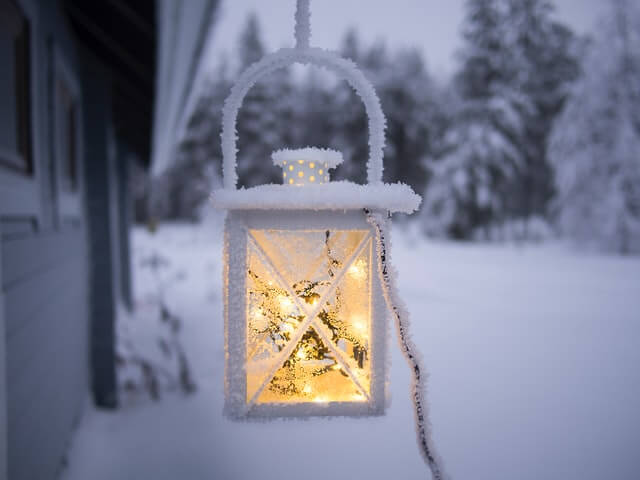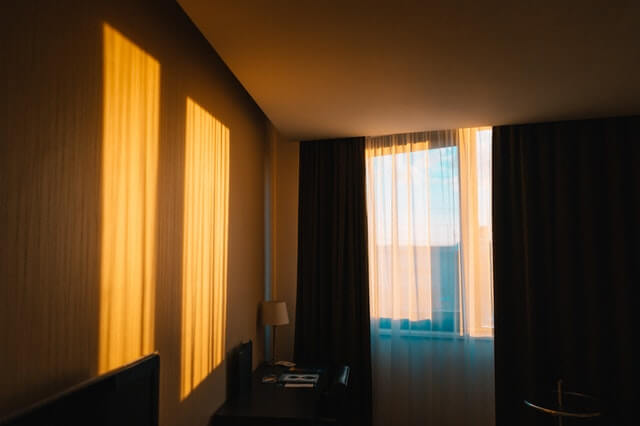Canada experiences winter at around December, January, and February every year. However, the cold months may start in November, lasting until March or April. During those months, people are likely to stay indoors more than usual to avoid the chilly outdoors. It also means there is an increase in electricity and heating usage, which will affect property owners with rentals.
Fortunately for everyone, there are ways to save money on bills during this time. These tips will help landlords, and renters, steer clear of the jacking up of prices. If they are not familiar with it, it is your task to let them know. Let me teach you first.

Curtains and shades
Usually, people would install curtains for their privacy. But did you know they can help with the cold too? Curtains and shades can help retain the heat inside the property. They act as barriers that limit the airflow between hot and cold rooms. The heavier the material, the more effective it is in being an insulator. Landlords and tenants should also remember to seal and caulk any cracks.
Use the shade properly.
Once they put up the shades, they need to know when to open and close them. During the day, they can let the sunlight in by opening the curtains. The heat coming from the sun will warm up the rooms. But of course, they need to close them during the cold nights. Using the shades and curtains correctly will help the tenants avoid using electricity-powered gadgets.

Electricity during non-peak hours
In Canada, the peak hours to use electricity may vary depending on the location. Yes, the rates in using electricity change, and we have to keep that in mind. People from Ontario can check the Ontario Energy Board about the prices, and they do differ in summer and winter. According to the OEB, mornings and afternoons have higher rates because the demand is high. During the winter in Ontario, the off-peak hours are from 7:00 pm to 7:00 am.
The rates might be similar in other provinces, but we should always check. Landlords can advise their tenants to minimize using electricity during the on-peak hours to save money on bills. I’m sure they will agree.
Refrigerator temperature
Most refrigerators can adjust their temperatures, and one of the instances to do it is during the winter. The tenants should know that they can maintain the temperature between 35-41 degrees Fahrenheit. It will help in saving energy and money.
Water-saving showerheads and aerators
The person using the hot shower will likely avoid turning it off to evade having to adjust the temperature again. Luckily, there are shower heads with shut-off valves available in the market. They can turn off the water when they soap up or shampoo and turn it back on without waiting for the water to regulate. It will help in decreasing the water bills.

Adjust the water heater
With the cold weather, the tenants may want to increase the temperature in their water heater. However, they should also consider that too much heat can cause burns. The heat of 120 degrees Fahrenheit is enough to warm them up.
Don’t drain the water immediately.
The last tip may be a bit funny for some, but it’s very effective. If the tenants use their tubs to take a bath, they can delay draining the water after. But why? The warm water can help heat the area. If they’re going to spend money on it, it might as well serve two purposes. They can drain it on later.
These tips are easy to do, and I’m sure the tenants will happily cooperate because it will save them money. They will also appreciate the landlords and agents who help them do it.
You can share this with your future clients too. So, start looking for them right now. If you know of any vacancies, you can sign up for Padleads. The website lets you post your property listings and syndicate them to other pages online.